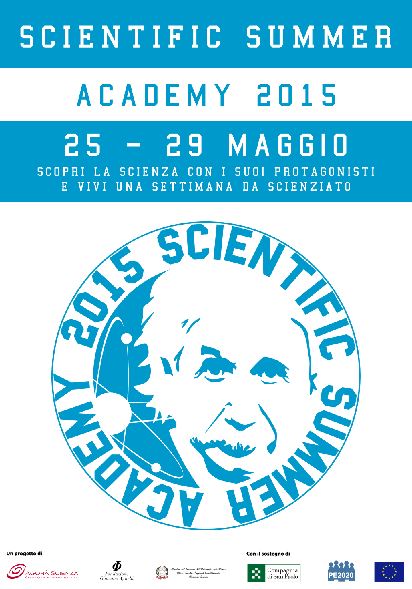Usually, informal education initiatives on science and technology tend to attract the interest of the audience by leveraging on the fascination of scientific discovery and technological innovations. This is obviously a right strategy. However, to a certain extent, it could be also risky.
The risk is that people could be led to see science and technology as something fully detached from society, something which comes from afar and produced elsewhere, something which could affect our life but which is not and cannot be affected by us. Like the children who think that milk is produced by the refrigerator and not by the cows, people could be led to think that science is only made in the single laboratories by single researchers and not the output of complex research systems involving many actors, infrastructures, policies and resources.
